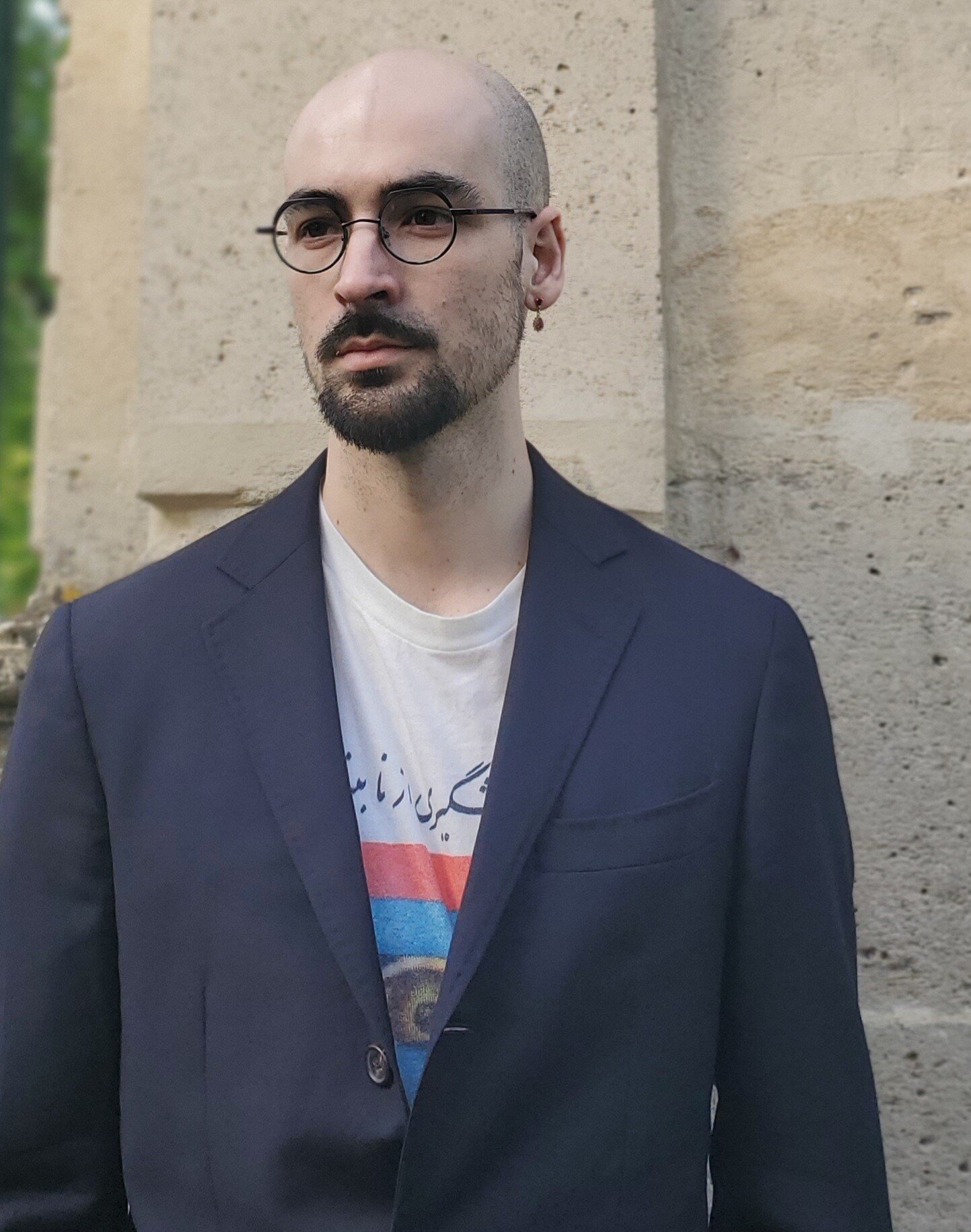One of the great troubles of learning a language with “broad fluency” as a final goal is the sheer volume of linguistic and cultural context one must absorb in order to arrive at mastery of such scope. Even when closely examining the strata of one’s native language or languages, it immediately becomes apparent that the phrases of one’s childhood are not necessarily language of one’s education, nor the gradually crystallizing linguistic habits of one’s occupation.
Naturally, over the years, one language cedes space to others without being entirely replaced. Our understanding of language is so fundamentally informed by this gradual and nearly invisible process as to be inseparable from it. When half-listening to the radio, overhearing a conversation, or reading, we are often picking apart these strata and choosing what to keep, what to leave, and what to add to our understanding of the language in which it’s being produced.
This is all perfectly conducive to lengthy Proustian reflection on language, memory and the self, but those who read literature in a professional or academic capacity are often presented with a difficult task: that of reading great or important literary works written in languages that are not their own. Translations may be available, and (for time’s sake) this is often the most economical option. Nonetheless, for literature to be read on its own terms, with all the nuanced understanding and stylistic sensitivity that it asks of the reader, one needs to read the original. This sense of immediacy, familiarity, and shared perspective typically falls within the purview of one's mother tongue, but these things too can be cultivated in time.
Several years ago, when speaking with a Greek scholar in a leafy suburb of Boston, I received some excellent advice. Some years my senior, he was one of those rare polymaths who had, with a patient ease that I inwardly marveled at, become truly fluent in five languages. Our conversation turned towards this problem, and I was surprised by his perspective:
"A great deal of literature relies on an understanding of clichés. If I were to try to pick up a language now, in order to read literature in it as quickly as possible, I think I would start with ephemeral things: newspapers, signs, graffiti. With pictures and context, many of these sources can be deciphered without a dictionary. When a word or phrase escapes us, this context helps to bring it back."
“Then,” he said, wincing slightly, “I would move on to bad literature: detective novels, joke books, and tawdry romances. Then literature, then poetry” he concluded.“This takes time, but one needn’t agonize over the loss of it. One needs foundations to understand and to be understood, but these are not immutable and will change, eroding somewhat the structures above them. As understanding of a language is being built, it’s important not to limit oneself to one voice, one time, or one idea of what a language should be.”
His eyes lit up for an instant. He paused, and then loosely quoted the Pope: “For Attic phrase in Plato let them seek, I’d poach in Suidas for unlicensed Greek.”

Comments